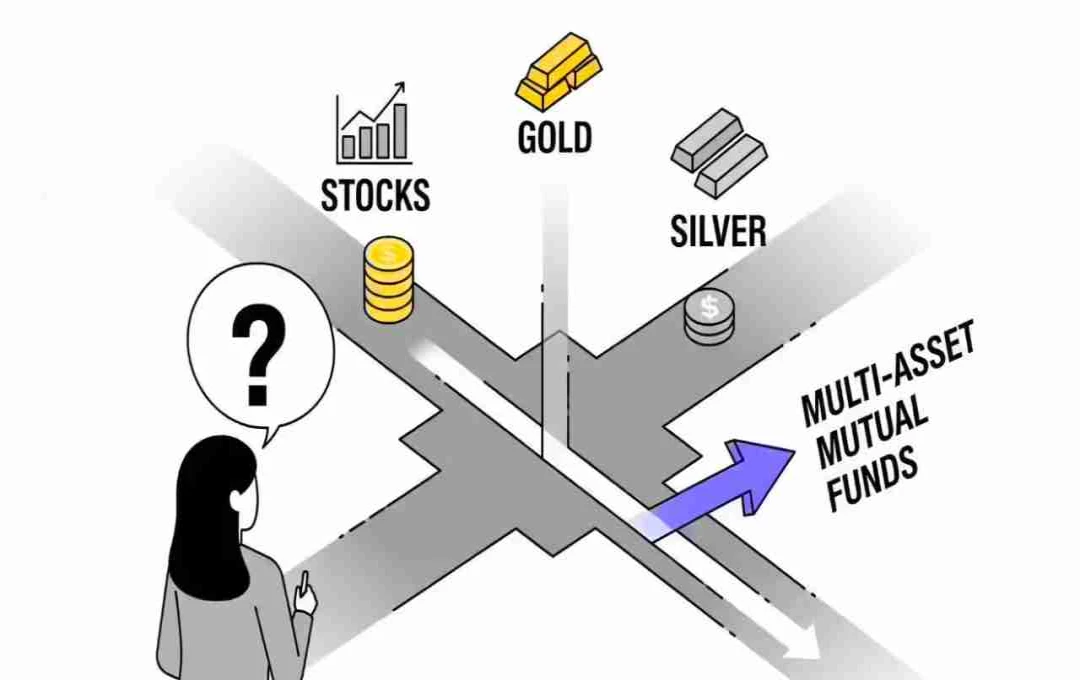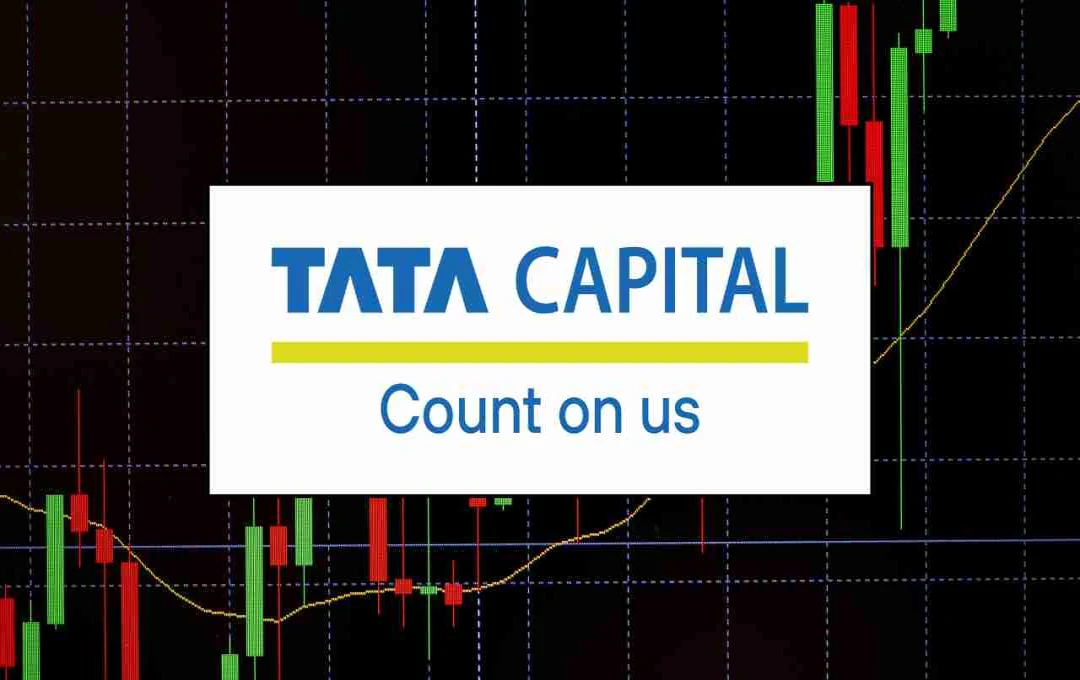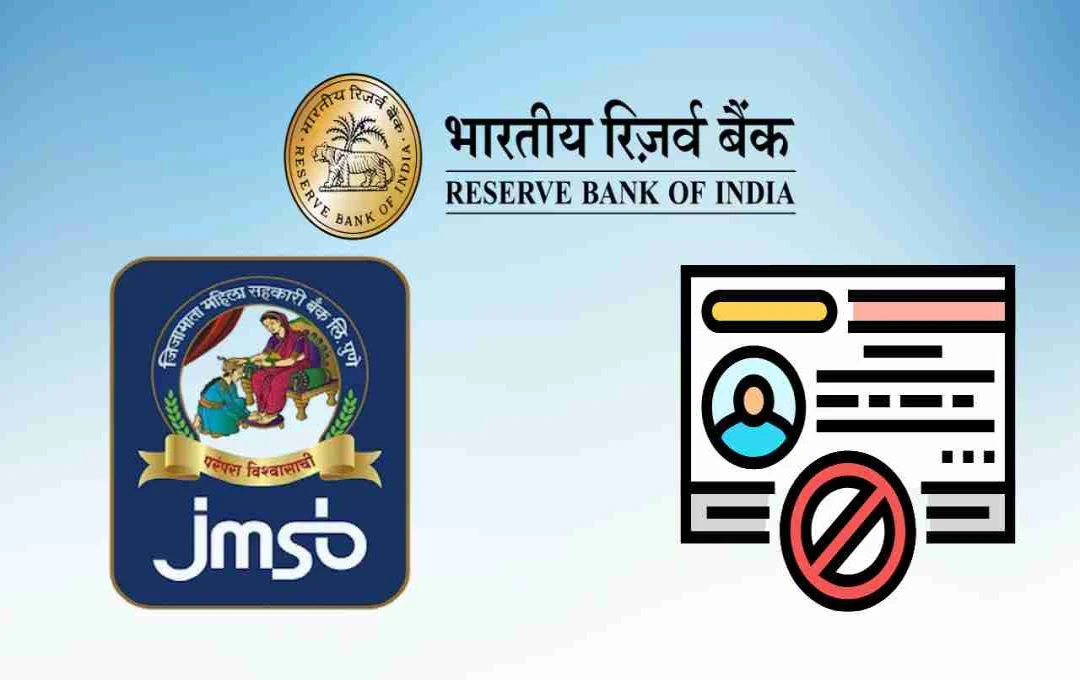If you are looking for investment options with low risk, tax benefits, and stable returns, multi-asset funds can be a wise choice for you.
In May 2025, the retail inflation rate has dropped to 2.8 percent. This is the lowest level since February 2019. The decline in food prices and a better monsoon are considered to be the major reasons for this.
This falling inflation has created new hopes for investors. When there is market instability and interest rates are stable, it becomes necessary to find the right investment option.
Weakness visible in the global environment
The economic environment at the international level remains weak. The International Monetary Fund (IMF) has lowered its forecast for global growth in 2025 to 2.8 percent. This is due to factors such as trade tensions, policy uncertainty, and a slowdown in demand.
India's situation is relatively b in this environment. India's GDP growth is estimated to remain around 6.5 percent, driven by improvements in rural demand, urban consumption, and investment.
Multi-Asset Funds gaining strength amid market fluctuations

The stock market performed well in 2024, but now that the market is at a high level and the possibility of fluctuations has increased, investors' interest is again turning towards Multi-Asset Allocation Funds.
These funds divide investments into different assets like equity, debt, and commodities. When weakness occurs in any one asset class, another asset class balances it out. This reduces risk and maintains the possibility of returns.
Ability to change strategy according to the market
The most important thing about Multi-Asset Funds is that they can change their portfolio according to the market. If the market falls, these funds can increase allocation from equity to debt or gold.
Due to this flexibility, these funds are useful for investors who neither want to take too much risk nor want to keep an eye on the daily market movements.
Tax benefits can also be obtained
Multi-Asset Funds can also be beneficial from a tax perspective. If the equity proportion in these funds is kept at 65 percent or more, they fall into the category of equity mutual funds.
This means that the capital gain from them comes under the tax bracket of only 10 percent in the long run, while the tax rate on other investment options may be higher.
Some funds also use derivatives to hedge the equity portion to reduce volatility in the portfolio and maintain tax benefits.
Increasing utility of investing in gold

Gold is once again making its place in investors' portfolios. When the stock market sees highs and interest rates stabilize, gold emerges as a safe and balanced option.
The special thing about gold is that its movement is different from equity and debt. This maintains diversity in the investment portfolio and keeps investments safe during global crises or economic stress.
A good option for long-term investors
Multi-Asset Allocation Funds can be particularly beneficial for those who want to invest for long-term goals like their children's education, retirement, or buying a house.
Investing in these funds saves tax on the one hand, while on the other hand, the risk of loss during market instability is reduced.
Lessons learned from the 2024 trend
Last year, i.e., in 2024, the benefits of diversification were limited due to the market's boom, as equity outperformed all asset classes. But now that the market is at an expensive level and there is a possibility of increasing instability, the need for a diverse portfolio has increased.
Multi-Asset Funds create this balance. They draw a balanced line between equity, debt, and commodities that works in every form of the market.
An easy option for new investors as well
For investors who are new to the market and are hesitant to invest directly in stocks or any one asset class, Multi-Asset Allocation Funds can be an easy way.
These funds are managed by professional fund managers who assess the market from time to time and make changes in investments.















